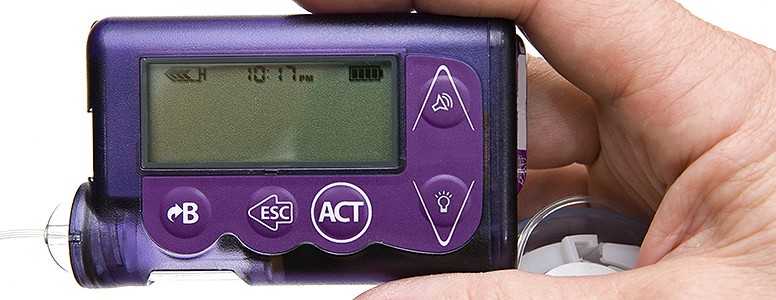Both single- and dual-hormone artificial pancreas systems improved blood glucose control in people with type 1 diabetes when compared to insulin pump therapy, according to new research.
Single-hormone artificial pancreas systems only provide the user with insulin. Dual-hormone systems provide both insulin and glucagon.
The study, conducted by researchers at the University of Toronto, analysed the data of 28 participants with type 1 diabetes (seven adolescents and 21 adults). The participants were split into two groups: the first group was given dual-hormone artificial pancreas; the second was given single-hormone artificial pancreas therapy; the third was given conventional insulin pump therapy. Interventions were provided overnight. The first night the patients exercised before going to sleep, and the second night after a high-carb/high-fat meal.
The insulin pump therapy group spent 47 per cent of their time in their target blood glucose range. The single-hormone artificial pancreas group were in range 76 per cent of the time, and the dual-hormone artificial pancreas group was in range 81 per cent of the time.
There were 14 hypoglycemic events during the conventional insulin pump therapy; six in the group given single-hormone artificial pancreas therapy; and three in the group given double-hormone artificial pancreas therapy.
“In this head-to-head at-home comparison of the efficacy of single- and dual-hormone artificial pancreas configurations on overnight glycemic controls in patients with type 1 diabetes, both configurations improved the amount of time spent in target glycemic range and improved other measures of hyper- and hypoglycemic exposure when compared to conventional insulin pump therapy in the setting of stimuli designed to increase overnight glycemic excursions,” the researchers wrote.
The researchers noted that the results suggest that dual-hormone artificial pancreas therapy was not significantly better than the single-hormone approach.
The findings are published in The Journal of Clinical Endocrinology and Metabolism.
What's new on the forum? ⭐️
Get our free newsletters
Stay up to date with the latest news, research and breakthroughs.







